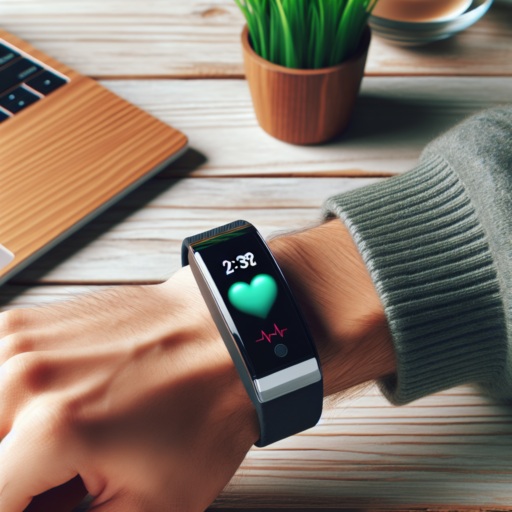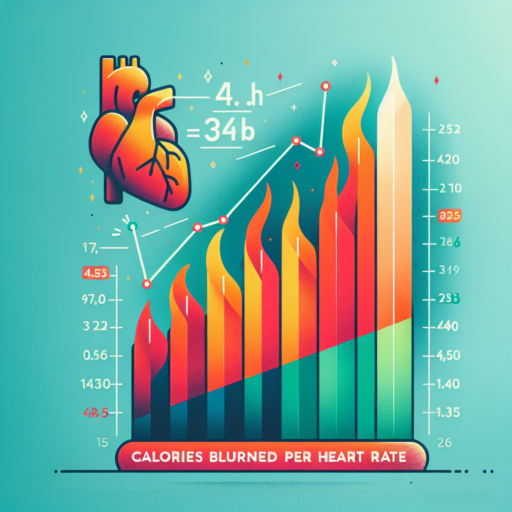What is a good heart rate for a marathon?
Understanding the ideal heart rate for a marathon is crucial for optimizing performance and ensuring safety throughout the race. A good heart rate for a marathon typically ranges between 70% to 85% of an athlete’s maximum heart rate. This zone allows runners to sustain pace, maximize fat utilization, and minimize the risk of overexertion.
To calculate your maximum heart rate, a simple formula commonly used is 220 minus your age. From this number, determining your ideal marathon heart rate involves applying the 70% to 85% range. For instance, a 30-year-old runner would have a maximum heart rate of approximately 190 beats per minute (bpm), making the optimal marathon heart rate range roughly 133 to 161 bpm.
Maintaining your heart rate within this target zone can be challenging, especially for beginners or those pushing their limits. It’s essential to monitor your heart rate throughout training runs to become familiar with how your body feels at different intensities. Modern technology such as heart rate monitors and running watches can provide realtime feedback, assisting in keeping you within your optimal heart rate range.
What is Kipchoge’s heart rate?
Understanding the heart rate of elite athletes like Eliud Kipchoge offers fascinating insights into the physiology that underpins long-distance running. Kipchoge, known for his monumental achievements in marathon running, has a heart rate that is indicative of his exceptional conditioning and athletic prowess. His resting heart rate, an important metric for assessing an athlete’s fitness level, is reported to be significantly lower than that of an average person, showcasing his superior cardiovascular efficiency.
During intense training sessions or marathons, Kipchoge’s heart rate can provide a window into the stamina and endurance that set him apart from his competitors. While specific figures may vary, it’s understood that his heart rate during peak marathon performance aligns with optimal endurance athlete ranges. This is a testament to his meticulous training regimen and his body’s ability to perform under immense physical stress. Monitoring such metrics is crucial for designing training programs that enhance performance while minimizing the risk of overtraining and injury.
In the realm of professional athletics, the heart rate variability (HRV) is also a crucial metric, offering insights into recovery and readiness. For an athlete of Kipchoge’s caliber, maintaining a balanced HRV is key to ensuring that his body is adequately recovering between training sessions and is prepared for the next bout of intense physical activity. The data on Kipchoge’s heart rate, both resting and active, serves as a powerful reminder of the importance of cardiovascular fitness in achieving and sustaining peak athletic performance.
When I run, my heart rate is 190.?
Experiencing a heart rate of 190 beats per minute (bpm) during running can be concerning for many individuals. It’s important to understand what this number might signify for your health and exercise routine. A heart rate of 190 bpm may indicate that you are pushing your body to its limits, particularly if you’re not a seasoned athlete accustomed to high-intensity workouts.
Factors Influencing High Heart Rates include not only the intensity of the run but also elements like overall fitness level, dehydration, and external temperatures. Variation in heart rate from person to person is normal, but consistently high readings, such as 190 bpm, warrant attention and possibly a consultation with a healthcare provider to rule out underlying conditions.
Is a 190 bpm Heart Rate Always Cause for Concern?
While a heart rate of 190 bpm is high, it’s crucial to consider the context. For younger people and those participating in vigorous competitive sports, such heart rates might be reached without immediate cause for alarm. However, for most casual runners and especially those who are older, hitting 190 bpm could signal overexertion and an increased risk for cardiac events.
No se han encontrado productos.
What should your heart rate be during a race?
During a race, monitoring your heart rate is crucial to optimize performance and ensure safety. Your target heart rate depends on several factors, including your age, fitness level, and the intensity of the race. Generally, athletes aim to keep their heart rate within 70% to 90% of their maximum heart rate during a race. This range is considered the optimal zone for improving cardiovascular fitness and endurance.
To calculate your maximum heart rate, you can use the formula: 220 minus your age. For example, a 30-year-old would have an estimated maximum heart rate of 190 beats per minute (bpm). From this, the ideal racing heart rate for someone in this age group would approximately be between 133 bpm (70% of maximum) and 171 bpm (90% of maximum). However, it’s important to note that individual differences can alter these numbers, so listening to your body and consulting with a coach or a health professional is advisable.
Incorporating heart rate training in your regimen can help you understand how your body responds to different race paces. This method allows runners to adjust their speed to stay within their target heart rate zones, enhancing both efficiency and race performance. It’s also beneficial for pacing strategy, helping to prevent starting too fast and burning out early. Ultimately, knowing and understanding your racing heart rate can lead to more successful and enjoyable racing experiences.



